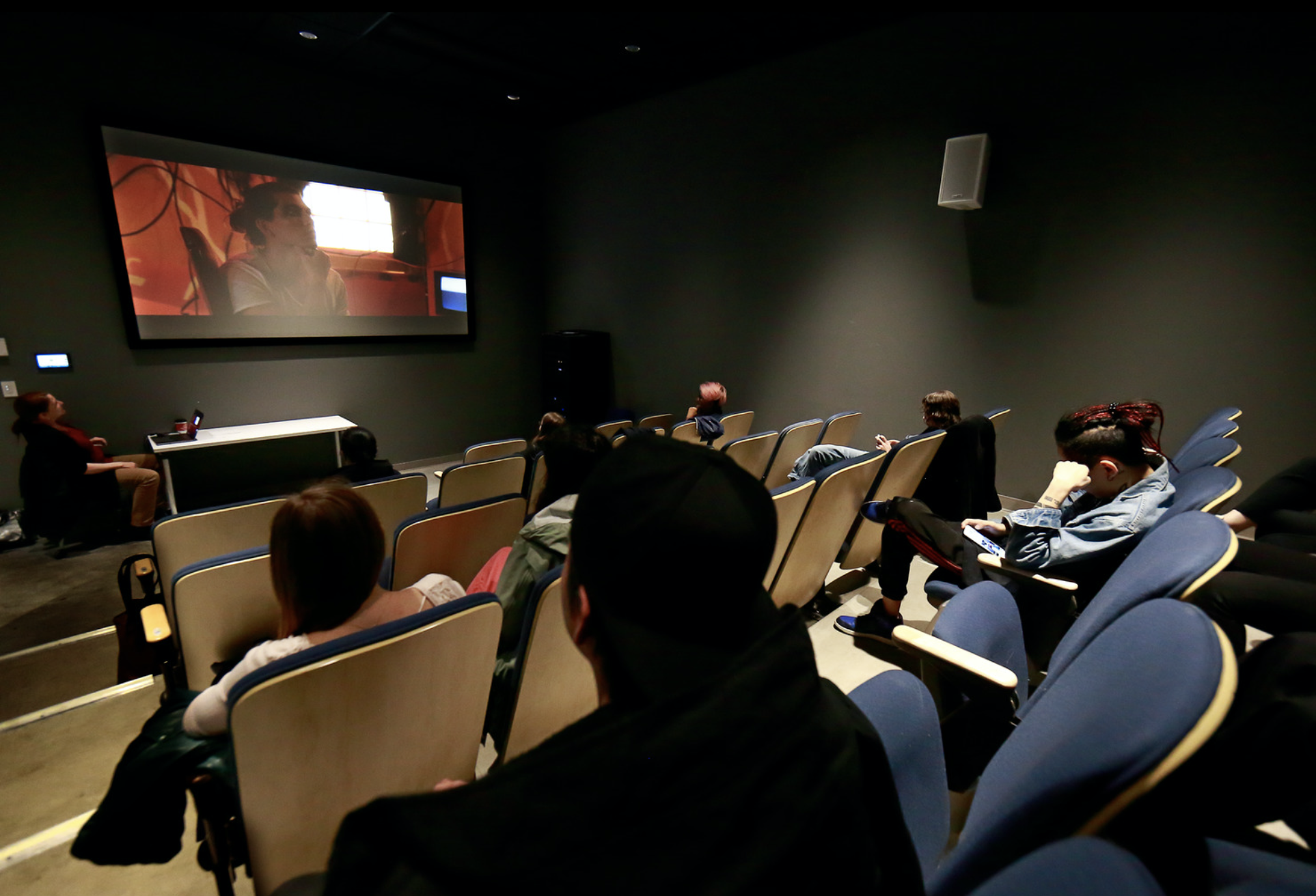Online Conversation with Dr. Dolleen Tisawii’ashii Manning

Join us for an online conversation with guest speaker Dr. Dolleen Tisawii’ashii Manning who will talk about her research on environmental ethics and Mnidoo-Worlding.
Location
On Campus
Online
Online Attendance
https://emilycarru.zoom.us/j/66063358955?pwd=aHJNV1hjaUxvVzNvbzhlYjEvdnhxUT09
Contact
Elvira Hufschmid | ehufschmid@ecuad.caOpen to Public?
Yes
***Please note that this event has been postponed to a later date. New date TBA.
Join us for an online conversation with Dr. Dolleen Tisawii’ashii Manning, Assistant Professor, Queen’s National Scholar, Anishinaabe Knowledge, Language and Culture Queen’s University, Kingston Ontario.
She will be guest speaking in Elvira Hufschmid’s HUMN Environmental Ethics class on Thursday, May 18, 2021 at 1:00-2:30 PM Pacific Time (US and Canada).
Join Zoom meeting here.
Meeting ID: 660 6335 8955
Passcode: 770169
About Dolleen Manning
Dolleen Manning is an interdisciplinary artist, scholar, and member of Kettle and Stoney Point First Nation. Her research interests include Anishinaabe ontology, studio visual arts, phenomenology, critical theory, Indigenous imaging practices, Mnidoo inter-relationality, epistemological sovereignty, and the debilitating impact of settler colonial logics.
Topic: Environmental Ethics and Mnidoo-Worlding
By tracing the fragile undulating threads of Anishinaabe ontologies found in everyday practices, Dolleen seeks to better understand the ways that Anishinaabe knowledge systems resist canonical academic values and textual-dependent modes of address. She is particularly interested in the subtle, persistent challenge posed by the taken-for-granted orality of these thought systems. Such customary knowledge are often implicitly conveyed in gesture, speech, and everyday ways of being. Using various methodologies, including storytelling, textual analysis, and community-engaged research-creation, she brings these ways of knowing into rigorous debate with contemporary discourses in continental philosophy and critical theory. This research takes up what she terms Mnidoo-Worlding, along with Anishinaabe philosophies and cultural practices related to imaging, dreams, visions and their pathologization as a hallucination in settler cultures.